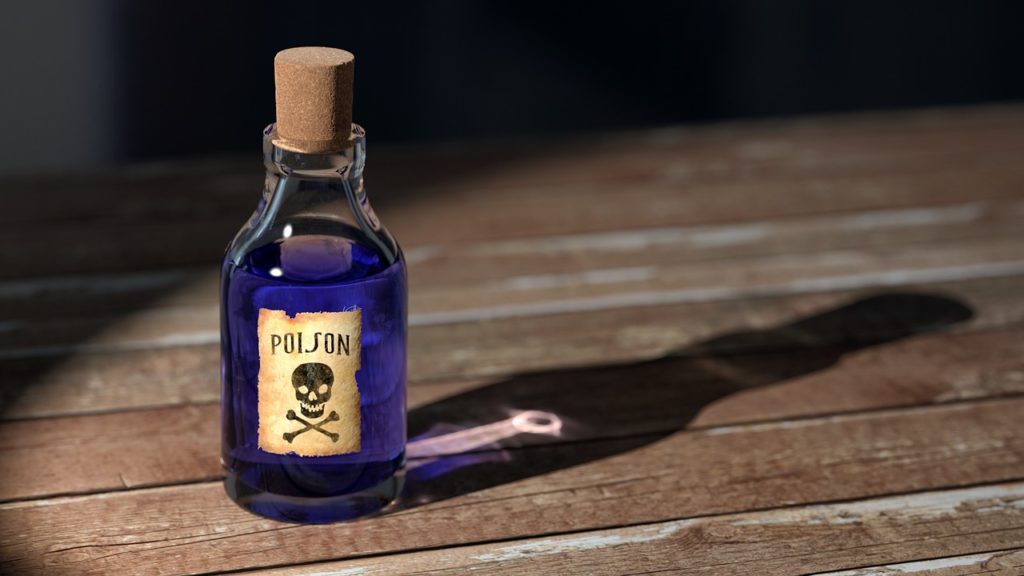Over the past decades, high fructose corn syrup has emerged as a better alternative to sugar. It’s found in thousands of foods, from cereals and fruit juices to low-carb chocolate and protein bars.
The Dangers of Triclosan

The Dangers of Triclosan
The FDA has recently banned 19 chemicals used in antibacterial soaps. One of them was triclosan, a dangerous chemical that causes hormonal imbalances, organ system toxicity, and irritation. However, this antibacterial agent is still used in other products, such as toothpaste and moisturizing creams. Colgate, a leading manufacturer of toothpaste, convinced the FDA that triclosan reduces gingivitis and plaque. Unfortunately, its risks outweigh the benefits.
What Is Triclosan?
Triclosan is an antibacterial agent and preservative discovered in the ‘60s. It was initially used in surgical scrubs. Since then, it became a popular ingredient in antibacterial soaps, toothpaste, deodorant, toys, and personal care products. Surprisingly, it’s used in workout clothing and kitchenware too. Studies conducted over the years have found that triclosan increases the risk of heart failure, cardiovascular disease, cancer, and toxicity. It also disrupts the endocrine system and contributes to bacterial resistance.
This chemical has become so popular due to its antifungal and antibacterial properties. However, this doesn’t mean it’s safe for health. Even though it can slow or stop the growth of fungi, bacteria, and mildew, its side effects shouldn’t be overlooked. Triclosan affects thyroid function and interferes with hormone production. In the long run, it can increase the risk of food allergy and contact dermatitis.
Is Triclosan Really That Harmful?
Evidence shows that triclosan accumulates in the body, causing adverse reactions. A study has found that over 75 percent of Americans have this chemical in their urine. In clinical trials, muscle function was reduced by 25 percent in rats exposed to just one dose of triclosan. This compound may also disrupt muscle function, affect gene expression, and reduce the thyroid hormone thyroxine (T4) levels. It’s harmful even when used in small amounts.
Triclosan not only affects your health but also has a devastating impact on the environment. This chemical destroys the ecological balance, contaminates water, and increases toxin levels in the air. Because of its antibacterial effect, it may cause resistance to antibiotic medications.
If you care about your health, avoid triclosan-containing products. Check the ingredient list on toothpaste, first aid products, cosmetics, mouthwashes, air filters, and office supplies. Beware that triclosan is marketed under various names, such as Lexol, Irgasan. Microban, and Biofresh. Steer clear of any products that have these terms listed on the label.









No comments yet.